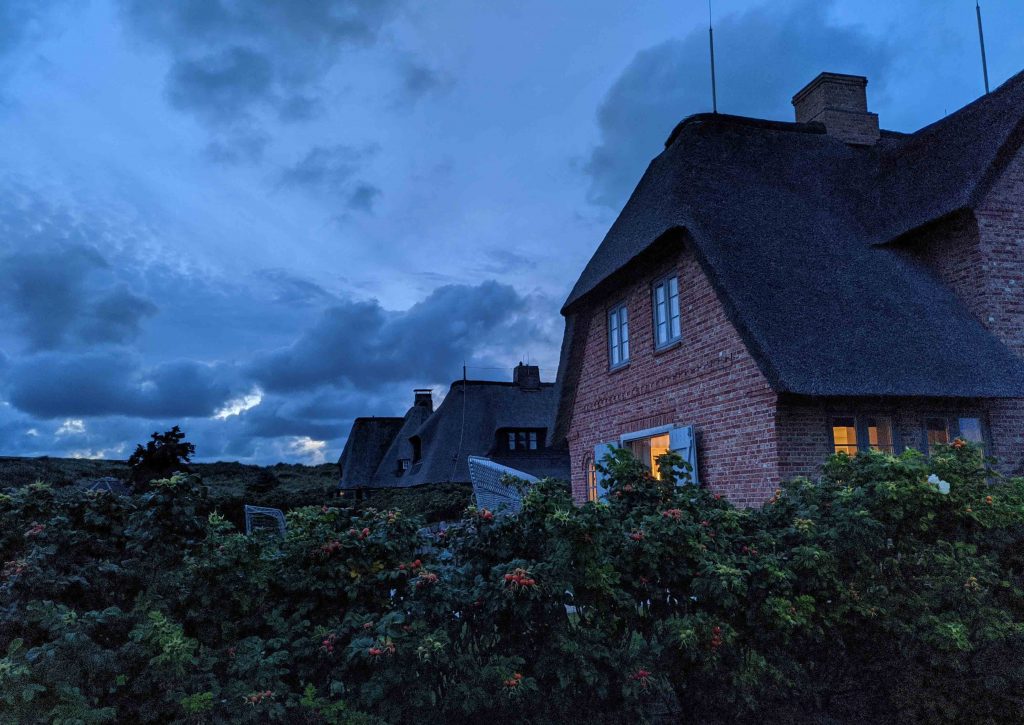Real world camera test: One month with the upgraded modules
Alright, so here’s the deal. I’ve been looking forward to the camera upgrades for Fairphone 3, pretty much since they were still in the concept phase. It’s the general concept that really resonated with me. Here we are, a tiny Dutch company, going against all the conventions and trends that the big dogs of this colossal industry established over the last decade. Shorter and shorter lifecycles, incremental technical innovations sold to us as giant leaps and bounds, all in service of the obsession with tech-specs. Over the past few years, we’ve been experiencing “innovation” in its literal, material form, while the drumbeat of reveals and releases steadily became more frantic.
Small change, big statement
The rapid succession of these innovations has led us to the point where the next big thing is always just around the corner, yet rarely ever amazes. The race for the shrinking of bezels, the folding of displays, and the rear-camera count is in full swing. Don’t get me wrong. I see the appeal in many of these hardware upgrades – But is the functional improvement between flagships big enough to justify treating smartphones as a disposable commodity? Don’t answer that… it’s a rhetorical question.
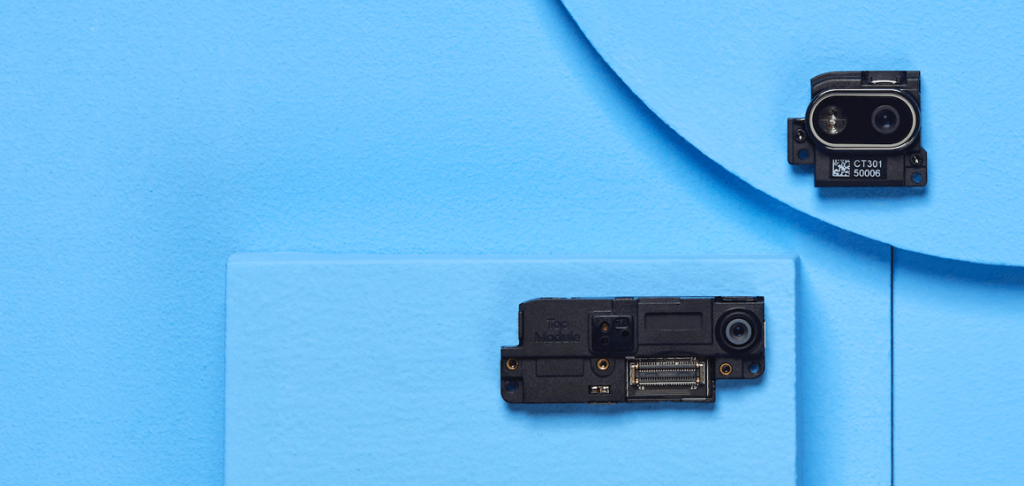 The new 48MP main- and 16MP selfie cameras.
The new 48MP main- and 16MP selfie cameras.Back to the new cameras and my excitement: I love that they are a statement against this industry’s make-use-dispose mentality. I love that they take modularity beyond repairability and I love the promise of an improved user-experience in my trusty “old” phone. Now, all that was left to do is put them to the test. Side note, I’m somewhat of a photography enthusiast and usually shoot with a full-frame mirrorless camera. To walk the talk, I challenged myself to use my upgraded Fairphone 3 as my sole camera for one month and really put it through its paces.
Putting the new cameras to the test
Let’s have a quick peek at our “camera modules upgrade page” and dissect the information together. The first concrete improvement mentioned is the combo of a bigger sensor, intelligent scene detection and a higher dynamic range. Cool, so in practice, this should translate to the ability to capture more light, the software helping out with finding the ideal setting for each scene and improved retention of detail in blacks and whites. On top of that, the new 48MP sensor uses a technology called pixel binning to improve the main camera’s low-light performance even further. In scenes where light is at a premium, it’s all about increasing the sensor’s ability to capture it. By combining four pixels into one large superpixel, light sensitivity is increased times four and we should get a bright, crisp 12MP image in most settings.
The next two improvements are tricky to capture in example images. Still, both the faster autofocus and the “zero shutter lag” should improve the experience of shooting with the Fairphone 3 and hopefully help with spontaneous, quick snapshots.
I’m not the biggest fan of selfies, but for the sake of this test, I’ve included one to see what this new 16MP sensor can do in terms of details and colors.
One month of my life through the lens of our new camera modules
I am also by no means a professional, nor do I claim to know all the technical details. I just enjoy photography and need a well-balanced shooter that I can rely on – and I think a lot of you can probably relate. So without further ado, here’s a selection of my favorite shots from the past weeks, to give you a realistic impression of what pretty much anyone can achieve with this camera. These are all jpegs straight out of the camera, no zooming, no cropping, no editing, except for the occasional Android 10 auto-enhance.
I’ve tried my best to find challenging scenes to test the sensor’s limits, all while still looking for images that I would actually go for with my camera: High contrasts, dark shadows, bright highlights, late evening low-light shots and backlit frames with lots of color. I’ll just leave the images here to speak for themselves and have you be the judge of them.
Low light scenes
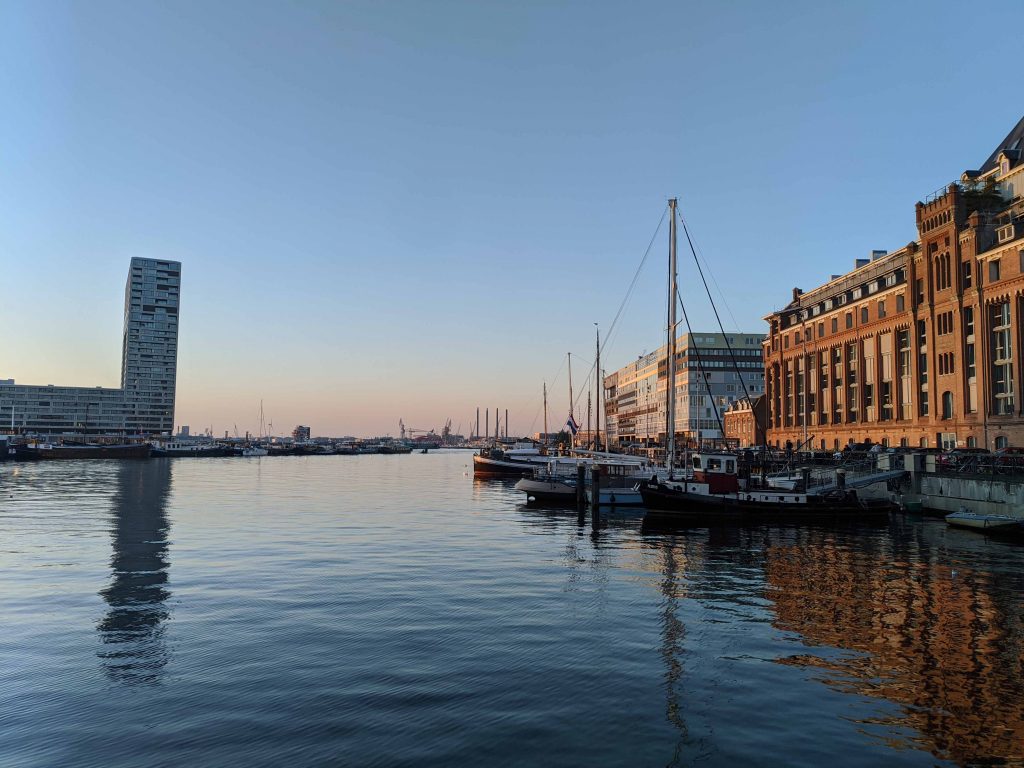
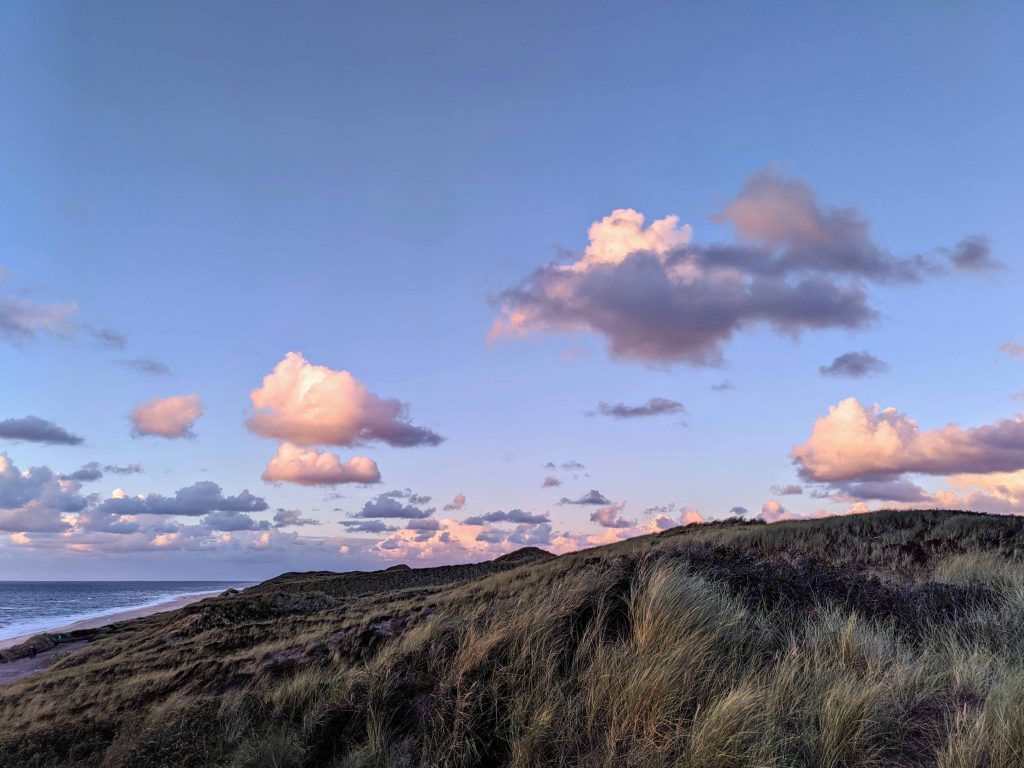

Backlit scenes
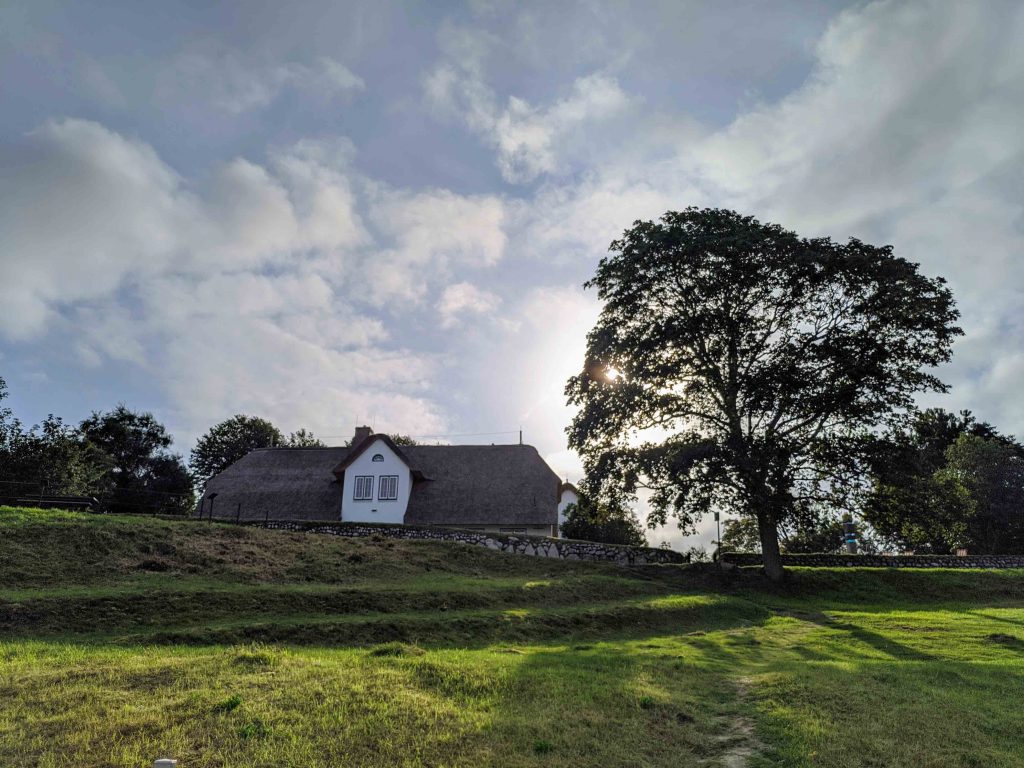
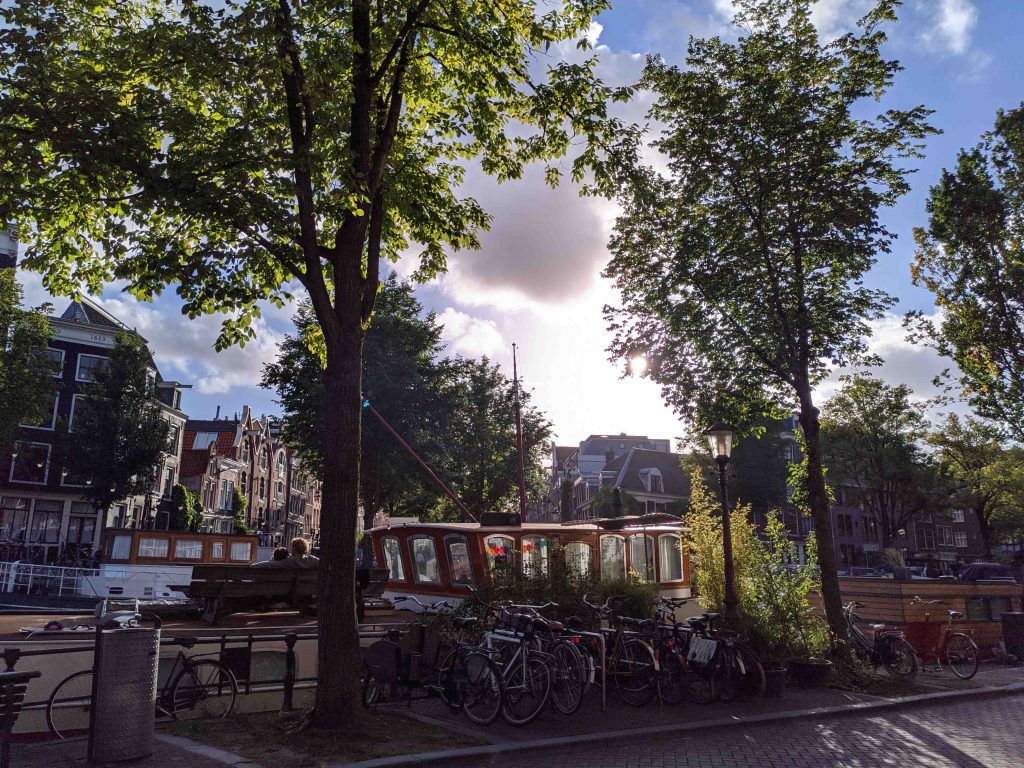
HDR images
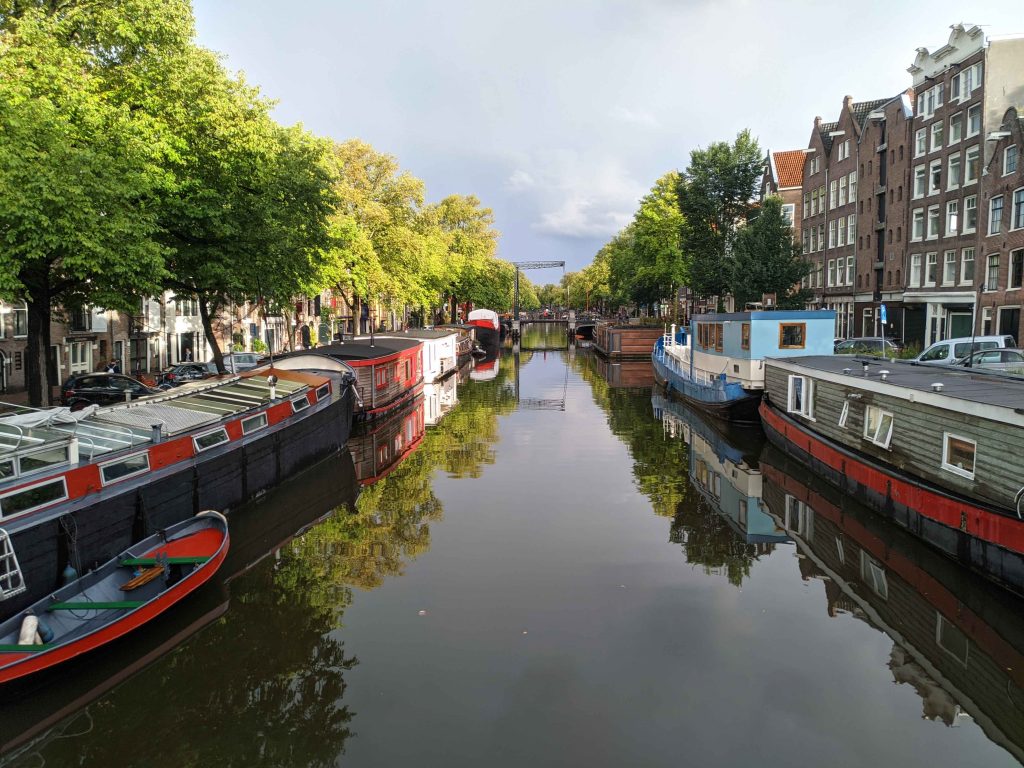
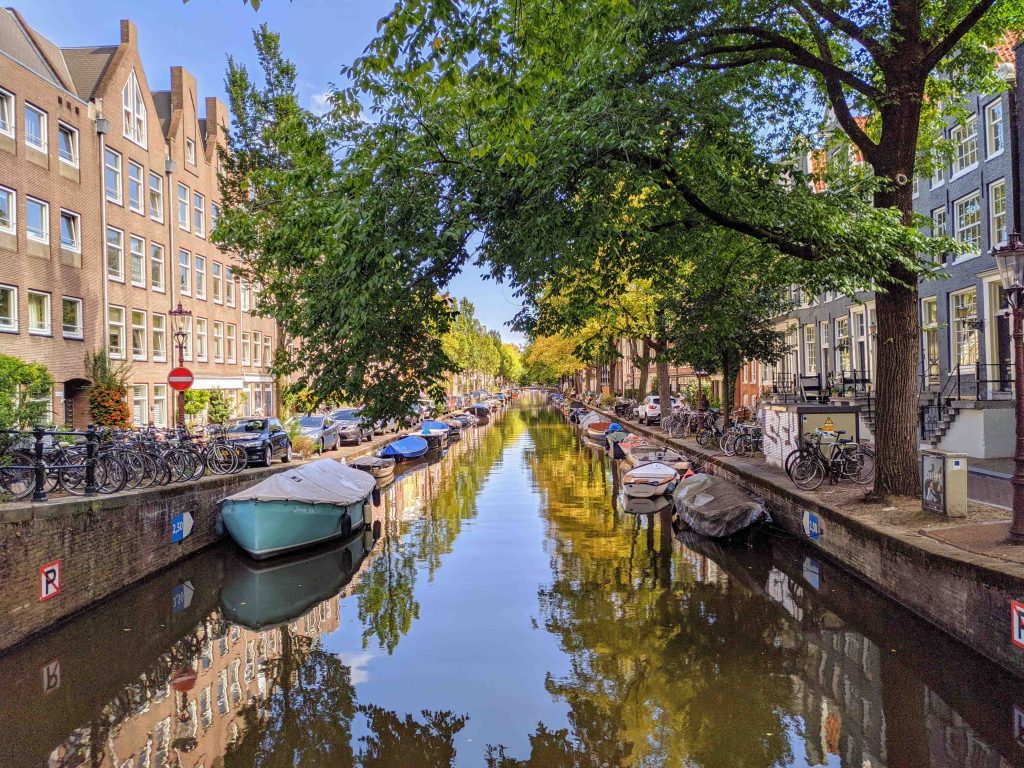
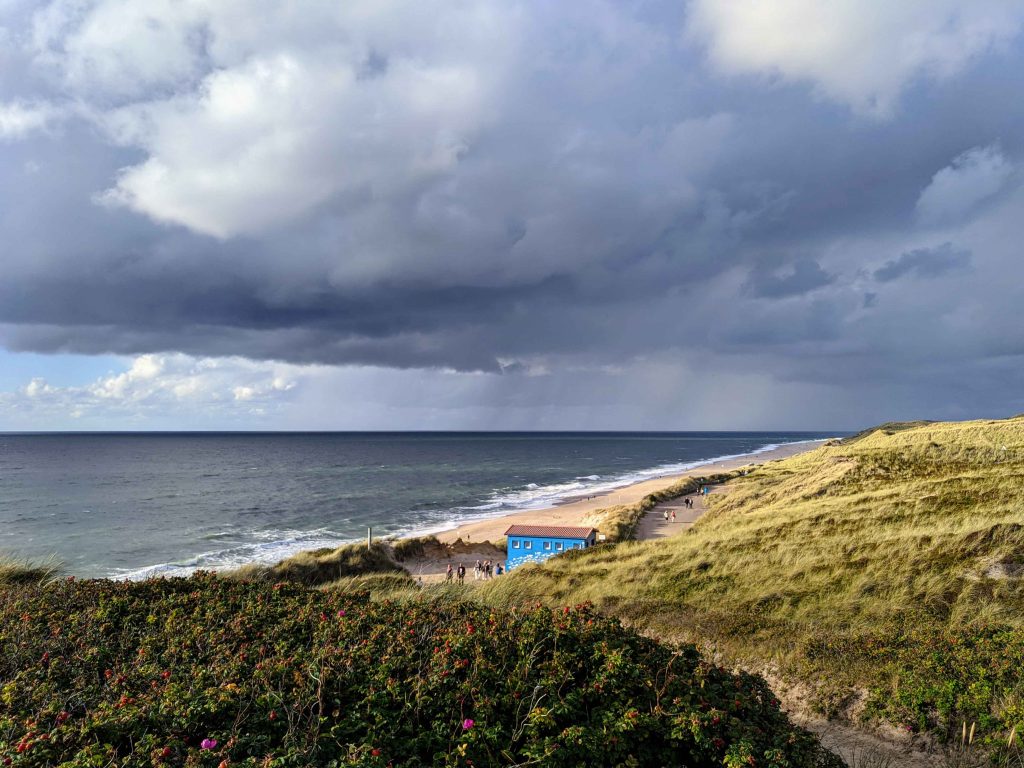
Close-ups
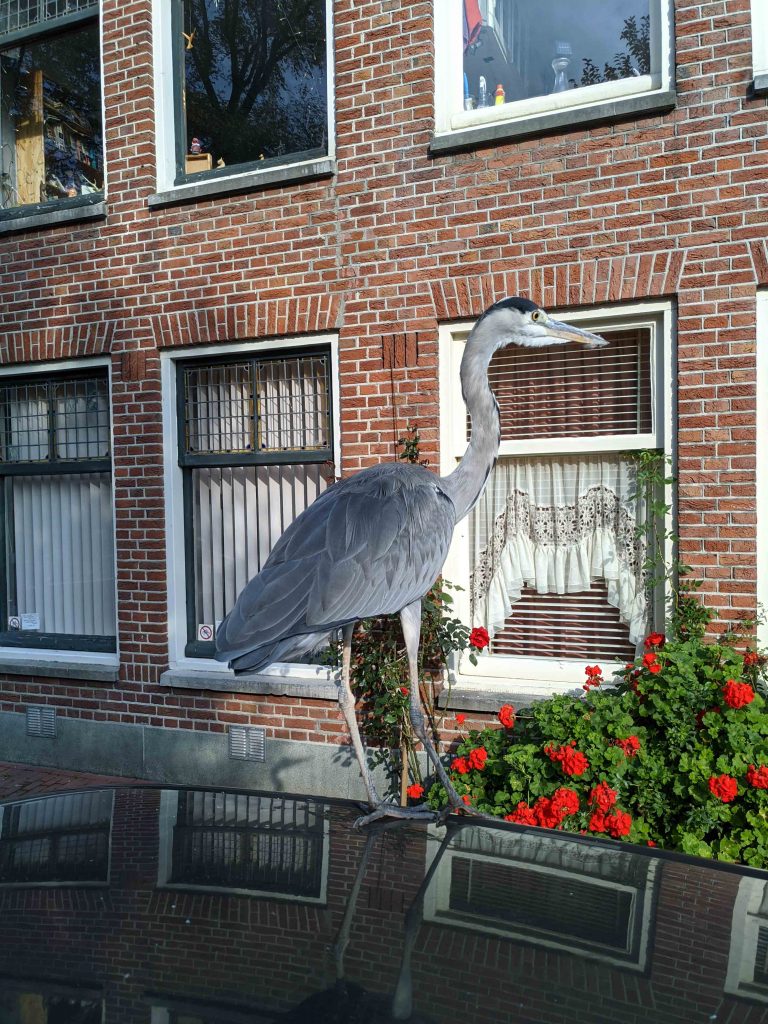

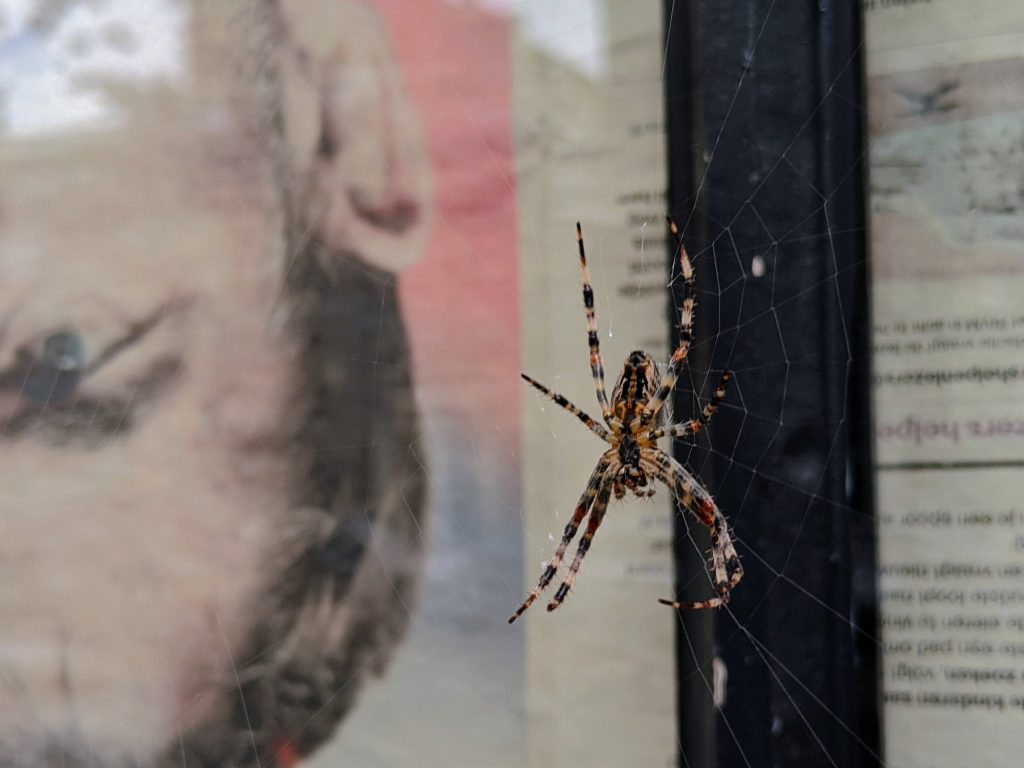
The one obligatory selfie
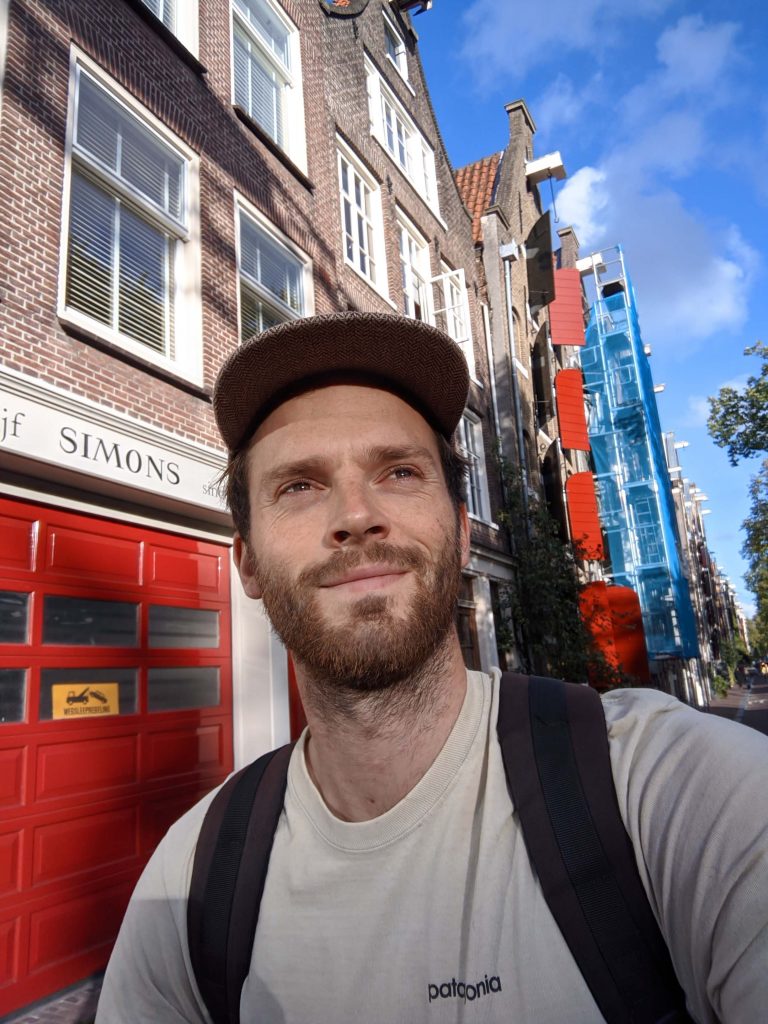
Now that you’ve seen what I managed to get out of the cameras so far, I’m curious to hear about your experience – and we love to see your favorite shots. You can share them with us, by using #shotonfairphone on Instagram or Twitter. If you have any camera-related questions, feel free to drop them in the comments below and I’ll be sure to answer them in the forum.


